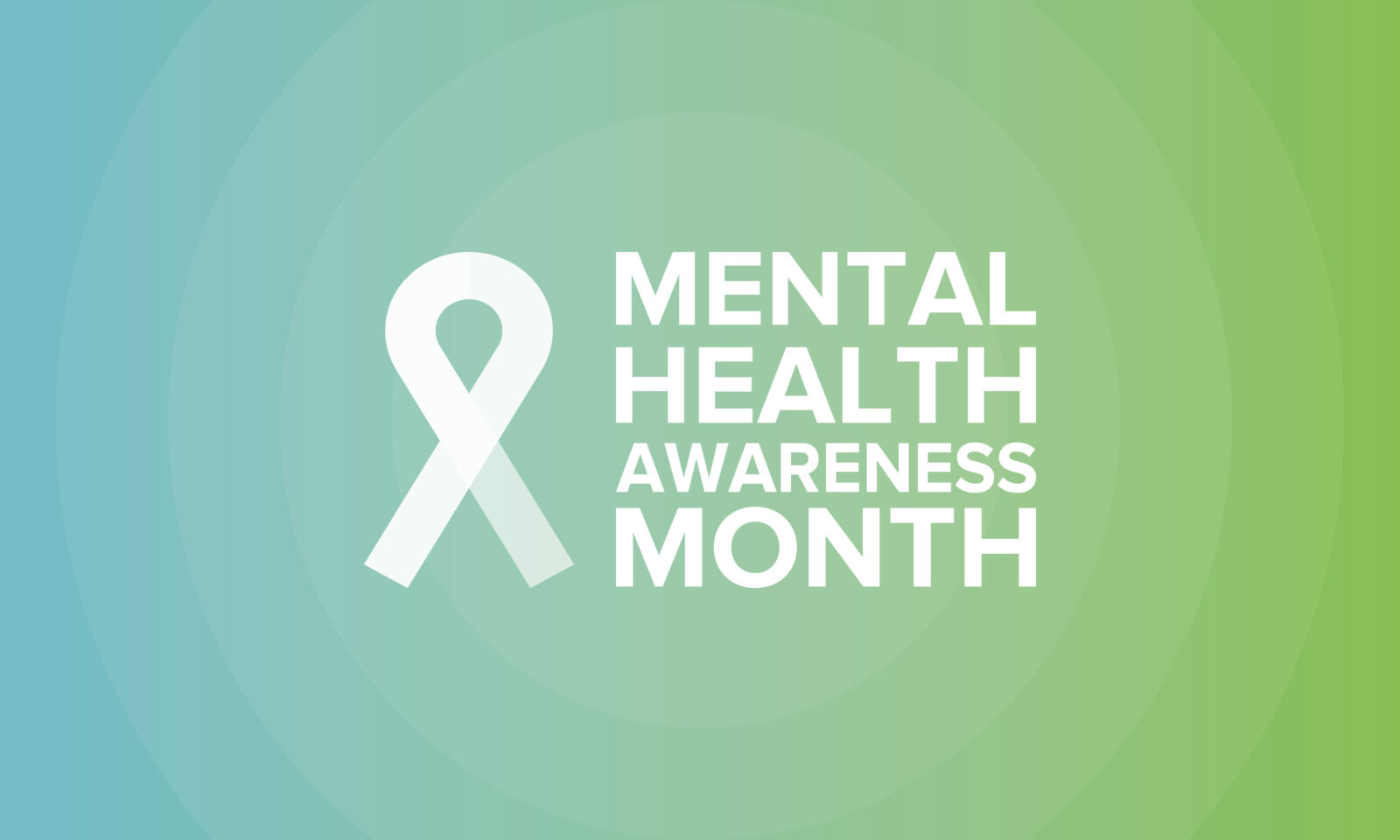By: Dr. Donna Demerjian, Ph.D., LCSW
In May, we recognize Mental Health Awareness Month. This month gives us a timely reminder of the prevalence and impact of mental illness. It also reminds us that those living with mental health issues deserve our support, understanding, and compassion.
As a mental health professional, I am often asked, “Why are we talking about mental health so much these days?” This is a great question and a valid one. I think one of the reasons this once-taboo topic is now being discussed more openly is the high-profile events we continue to see dominate the media: mass shootings, celebrity suicides, drug overdoses, homelessness, and the pandemic. These devastating events have opened dialogues about mental illness, increasing awareness and de-stigmatizing society’s perception of those impacted.
While beginning conversations is an encouraging first step, we still have a long way to go regarding prevention, early intervention, and treatment of mental illness. For many people struggling with mental illness, the term remains stigmatizing, which makes it difficult to reach out for help. For those trying to support loved ones struggling with mental illness, it is often difficult as they may not know what to say or may be afraid of saying the wrong thing.
Here are some helpful tips for supporting others who may be going through a mental health crisis:
- Don’t be afraid to reach out. Conveying support and understanding, if done in a supportive and compassionate way, will not make things worse. Try opening the conversation with phrases like:
- I’ve been concerned about you. Would you like to talk about it? If not, is there someone you would be comfortable talking to?
- It seems like you’re going through a difficult time, how can I help?
- I care about you and want to help. I’m here to listen. What do you want me to know about how you’re feeling?
- Choose a place to talk that is comfortable, private, and free from distractions
- Make eye contact
- Communicate in a clear and straightforward manner
- Be respectful, compassionate, and empathetic
- Use reflective listening by communicating their feelings back to them, such as “It sounds like you are feeling frustrated with your co-workers; that can be rough.” Or “It sounds like you’re feeling really sad since you lost your best friend.”
- Ask appropriate questions and avoid prying
- Genuinely express your concern
- Offer your support and connect them to help if they need it. Ask, “How can I help?”
What NOT to say
Although we may have the best of intentions, here are some things to avoid saying when trying to help others who are experiencing a mental health crisis:
- Saying “Pull yourself together,” “Just snap out of it,” or anything that dismisses their feelings is not helpful. These statements are unrealistic solutions to a serious issue.
- Don’t tell them “Things could be worse,” or compare them to someone you think has more serious problems. This runs the risk of minimizing their experience and can worsen their feelings of shame or guilt.
- Avoid pointing out what a great life they have or that they “seem just fine.” People often hide their mental illness and don’t express how they truly feel to others.
- Don’t offer simple solutions, like herbal remedies, exercise, etc. Although well-intended, mental illness is a serious disorder that requires medical attention.
- “Just try to be positive.” Suggesting that someone who is severely depressed or suffering from a serious mental illness can recover by simply changing their thoughts is unrealistic.
I encourage everyone to be more present with their friends, family, and co-workers this month and in the months to come. Talking to someone about mental health issues can be uncomfortable, but we all need to step out of our comfort zones to support those who need us the most. Acknowledgment and validation are often the first steps for someone seeking help.
If you or someone you know needs help, the 988 Suicide & Crisis Lifeline is a United States-based suicide prevention network of over 200+ crisis centers that provide 24/7 service via a toll-free hotline. By dialing 9-8-8, resources are immediately available to anyone in a suicidal crisis or emotional distress.

